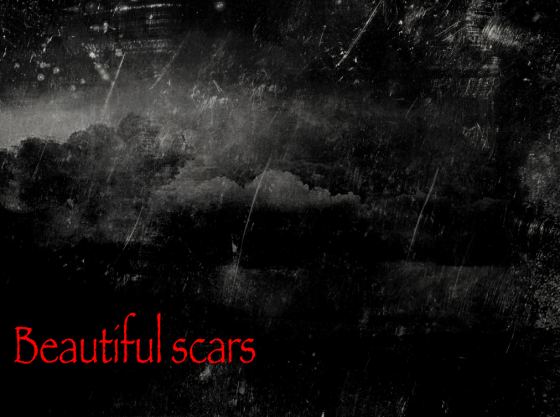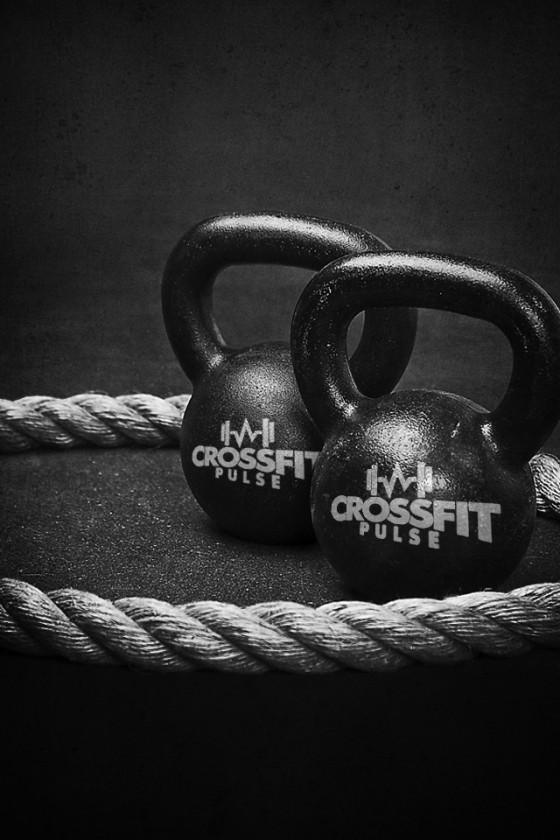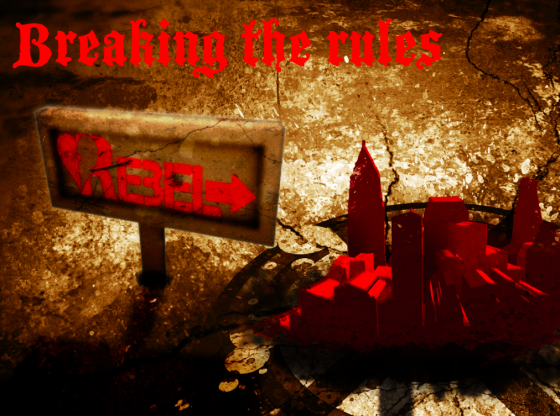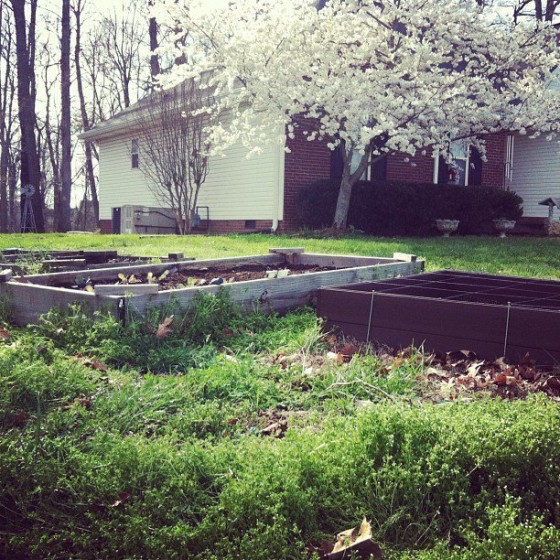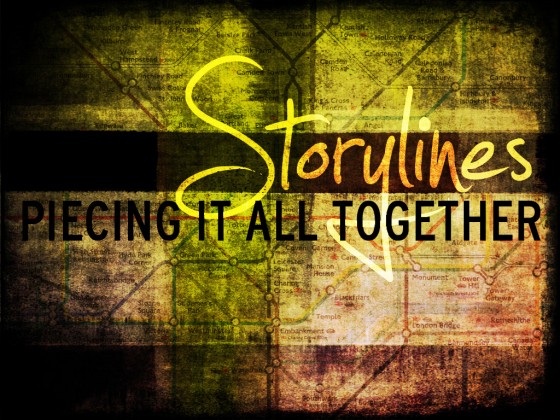This is a guest post from Tyler Braun (Twitter, Facebook, Blog). He’s a 27 year-old writer, worship leader, and pastor from Portland, Oregon where he lives with his wife Rose. If you don’t know Tyler, you should get to know him. He speaks winsomely and with great conviction for my generation. His blog (and his book) are worth the read for sure.
Tyler’s first book has just released, through Moody Publishers. If you buy a copy before August 10, he’ll throw in all kinds of goodies. Click HERE for details, and to pick your copy up.
AND…I’m giving a copy away here on my blog. Just leave a comment below with your mailing address, RT this post, share it on Facebook (being sure to tag me), and I’ll pick one winner.
____________________________________
Sin is a subtle and deceiving creature. Often masked in my life as a new adventure, new opportunity, or new discovery about myself, sin pulls me away from the purposes of God into a world where I become the main character, rather than being a part of the subplot.
I often see sin being reduced to only the biggest of mistakes I’ve made in my life. Is that the totality of sin?
Sin is lying to our parents or children. Sin is committing adultery. Sin is breaking the law. Sin is slandering others.
Sin is all those things, but when we reduce sin to only the worst mistakes of our lives we’re slowly allowing sin to become a bigger part of our lives without ever noticing it. Remember, sin is a subtle and deceiving creature, and it goes far beyond the worst mistakes we’ve made in life.
I saw this happen quickly in my life while watching a few seasons of a television series. What pulled me in was the riveting storyline, but soon enough it was effecting my thoughts and how I lived my life. I noticed lust entering into my mind. I began to have more violent thoughts, and before long it was apparent all of my thoughts revolved around me. All this from just watching a television show.
In making sin out to be merely the worst offenses of our lives we commit 3 grievous failures.
Failure to See the Subtle Sin
Sins such as pride, a calloused heart, and lust can run so far underneath the surface of our lives that we never recognize how powerful they are until it’s too late.
Often we view living the Christian life as more of a sin management strategy than a pursuit of a deep relationship with the Creator. When we do this we become good at making sure we stay away from the “big” sins but often fail at evaluating how our hearts are wandering.
We’re all prone to wander. Failing to see the subtle sin can make the wandering devastating.
Failure to Recognize Sin’s Communal Repercussions
The ministries of many of the minor prophets in the Old Testament were often more focused on how our relationship with God flows naturally in how we relate with those around us. God used the prophetic ministry of Amos to the nation of Israel to explain His coming wrath against them, not for the sins of individuals, but the sins of the whole nation.
The prophets understood the reality of corporate and social sin.We look at sin as an individual, personal issue, often overlooking the overwhelmingly strong, yet difficult to see, connection between humans.
The sins impeding our lives affect more than just the person committing the sin.
All sin affects the whole body of Christ.
Failure to Understand the Sin of Not Doing What We Ought
We spend the large majority of our time focused on the sins of commission (the sins we commit) while failing to understand the sins of omission (not doing what we should).
The sins of omission are powerful because they take time to evaluate.
I try spend time every night evaluating the entire day in order to see where I missed opportunities.
It’s easy to overlook or brush aside not doing something we should. Be careful though, inaction is often the worst sin, because we slowly slide into a comfortable life where we fail to grow into who God desires us to become.
What failures do you see in how we view sin?
What other ways have you seen sin deceive you, or others?



